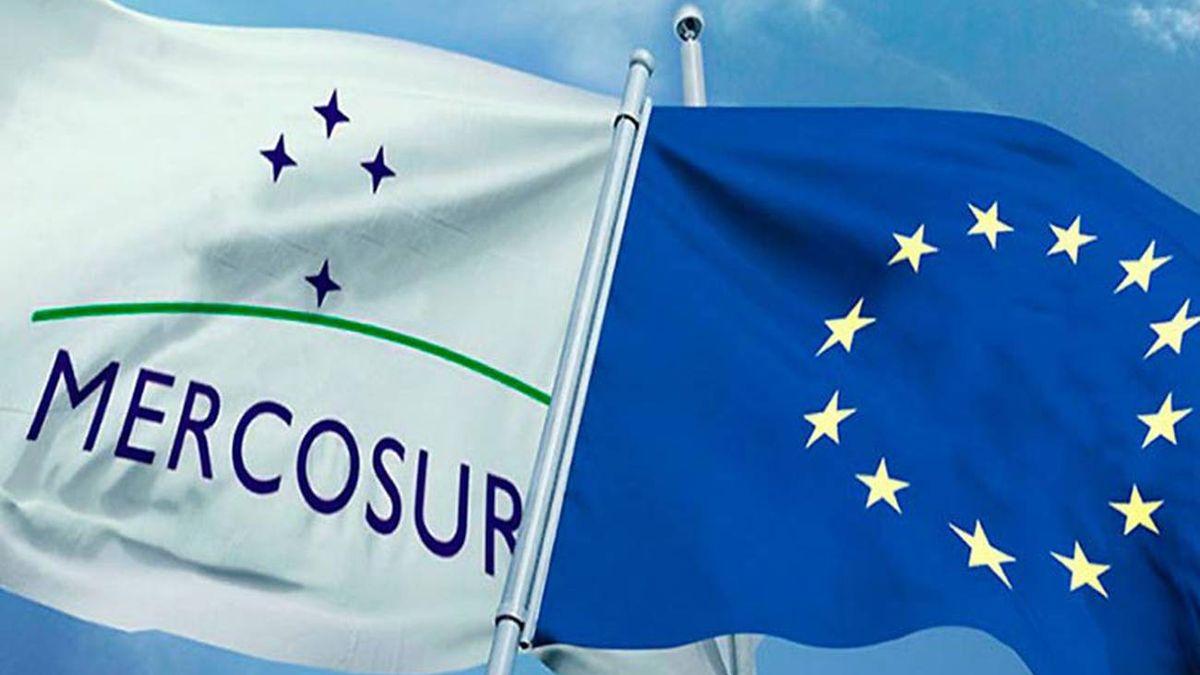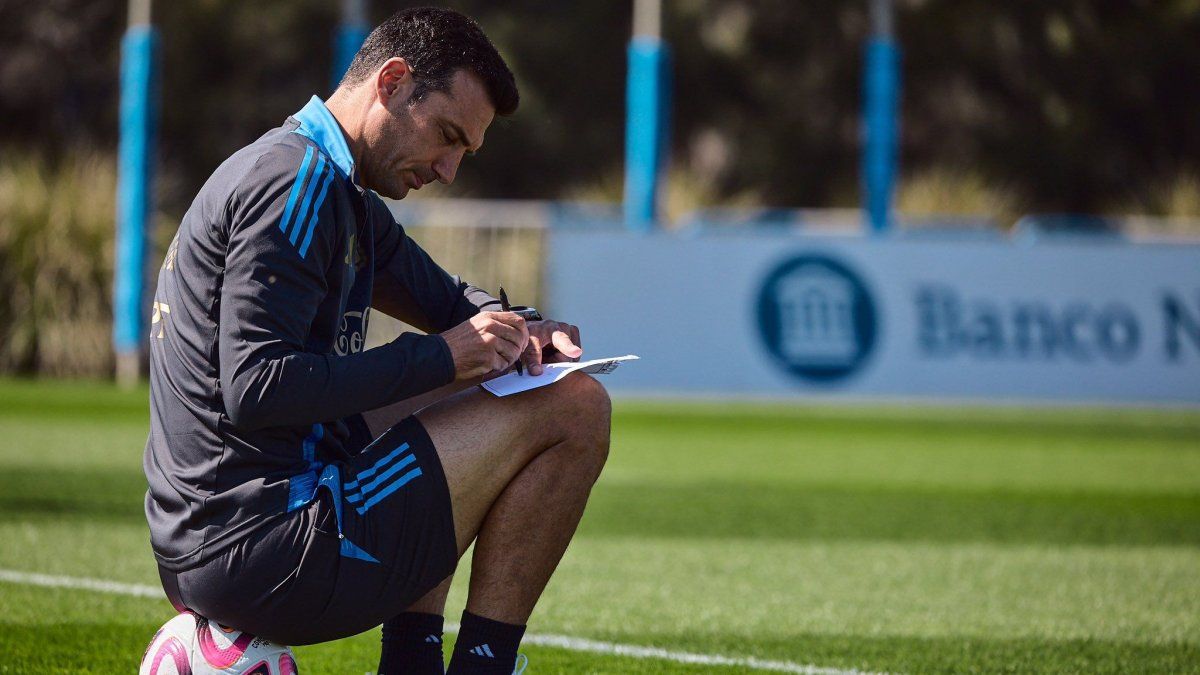The recent drop in deforestation in Brazil could be key to finalizing the commercial agreement between the Mercosur and the European Union (EU), a situation that the Uruguayan government follows closely and for which the president himself Luis Lacalle Pou warned on several occasions.
The positive data was reported by the Minister of the Environment of the neighboring country, Marina Silva, who maintained that the results on the 22.3% drop in deforestation in the Amazon in the last year “will be very important, even for the finalization of the agreement”, which has been in negotiations for more than two decades.
Silva maintained that until January 1 Brazil He was “on the canvas” due to the many “international complaints” regarding the former president’s lax environmental agenda. Jair Bolsonaro and stated that “the world knows of the effort that is being made”, in reference to the policy to combat illegal logging.
It is worth remembering that between December 6 and 7, the last summit of the year will be held between the Mercosur and the EU, occasion when the rotating presidency of the bloc will pass to Paraguay, whose government is not willing to promote negotiations.
The environmental demands of the EU, an obstacle to the agreement
In the midst of the expectation for the closing of the agreement, Brazilian authorities recently maintained that the new legislation promulgated by the European Union to prohibit the import of products linked to deforestation complicates the negotiations, since it affects producers of soy, meat vaccine, coffee and wood, among other products, something that generated concern in the agricultural world.
“We must not allow this legislation to disrupt the trade agreement between Mercosur and the 27 countries of the European Union,” said the vice president of Brazil, Geraldo Alckmin, while the Brazilian Secretary of Foreign Trade, Tatiana Prazeres, He referred to the commercial impact and stated: “You cannot offer with one hand what you take away with the other”:
On this point, the Uruguayan Minister of Livestock, Agriculture and Fisheries, Fernando Mattos, warned that these demands represent “barriers to trade,” specifying that action against climate change “places environmental restrictions on food exports, which points towards protectionist policies that harm food-producing countries.”
In that line, Mattos indicated that “the problem of global warming cannot be attributed to livestock farming, but rather to consumption and human activity in general.”
Source: Ambito



